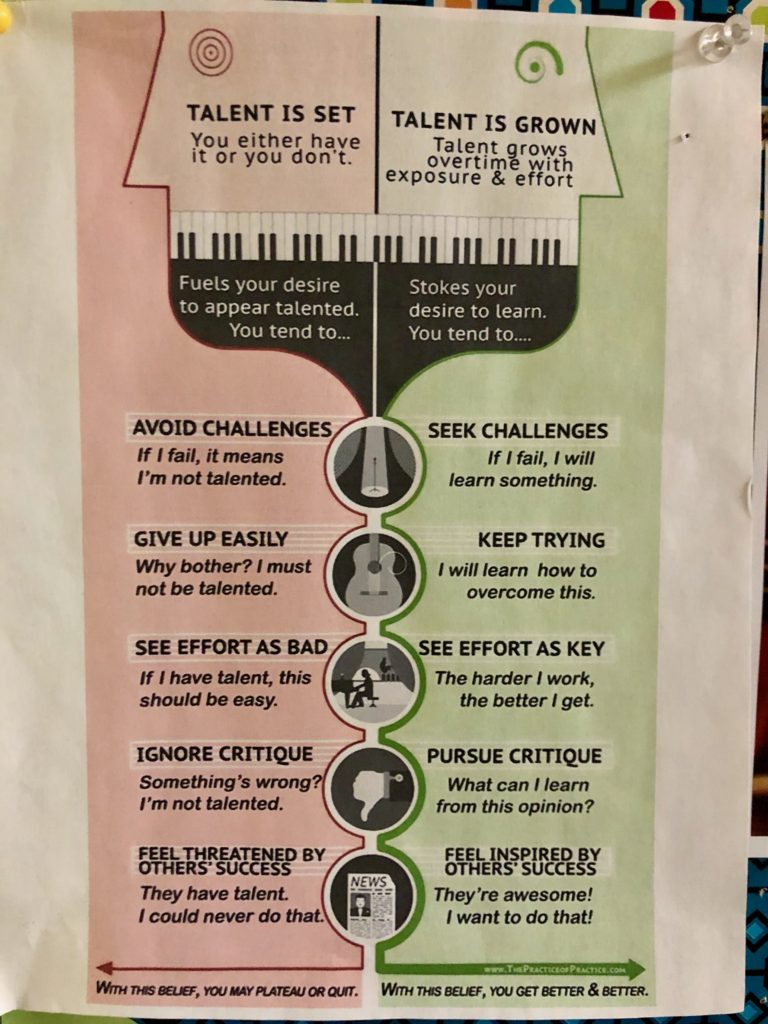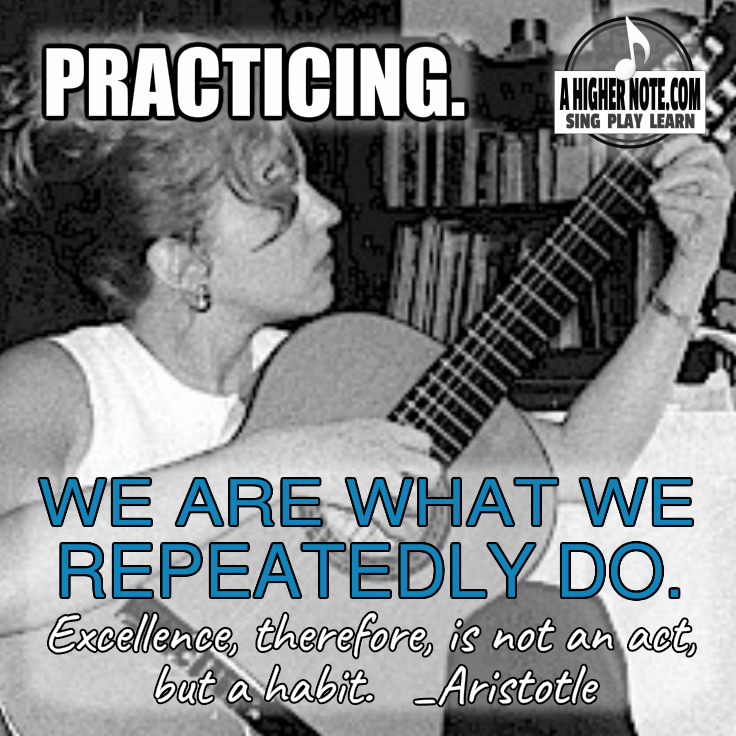Talent or Hard Work? Which is more important?
“You Have So Much Talent”
It happens all the time. After a performance, someone will come up to me and say, “You have so much talent. I wish I had musical talent” I appreciate the compliment. But sometimes the conversation will continue. “Are your parents musicians? You’re so lucky to be able to play like that,” they might say.
I feel the same way when I talk to an artist whose work I admire. It seems like their art is magical and they must have access to something the rest of us do not.
What I want to tell people is that I wasn’t born with a natural ability to play the flute. Neither of my parents played an instrument. My dad loves to say that he “can’t carry a tune in a bucket.” I was fortunate to have taken lessons from a young age, but music school in college was difficult for me. I had to study and practice a lot to keep up with my peers. I don’t have perfect pitch. I attended my first orchestra concert when I was 18 years old. But what I did have was a passion for the flute and the drive to keep going, even when things weren’t easy.
I think that anyone can achieve a level of success in music, given enough time practicing and the right coaching. It’s not about how much talent you are born with. It’s how hard you are willing to work.
10,000 Hour Rule
Being a musician takes a lot of hard work. Malcolm Gladwell has famously popularized the “10,000 hour rule” in his book Outliers. The “!0,000 Hour Rule” claims that to become expert in anything, whether it’s a scholarly pursuit or mastering the Rubix’s Cube or music, one must devote 10,000 hours of study.
Passion vs. Talent?
In music, having perfect pitch gives a player an instant advantage. There are other advantages too: a pianist who has large hands or access to professional-level instruments. However, there are plenty of examples of people who had everything going for them who were not successful.
As a teacher, if I have the choir between a student with natural talent or a student who is passionate, I’ll take the one with passion every time. A student who is ready to work hard and is excited about music has much more potential.
Growth Mindset and Grit
Outside of the studio where my son takes piano lessons, this poster is on the bulletin board:

Much has been written about the “growth mindset” for predicting success in everything from business to sports. Closely related is the idea of “grit,” as discussed in the book by the same name by Angela Duckworth and featured on podcasts and TED talks.
I believe it is our job as parents and teachers to encourage students to find value in hard work. It takes a lot of time to become really good at something. We need to remind children that just because something is hard, it’s not impossible. Indeed, it has been my experience that the kids who have the most natural talent are usually the ones that get the most frustrated when things become difficult.
As I was writing this blog post, the perfect email appeared in my inbox with this picture from a colleague who teaches voice lessons:

Lecture over. Class dismissed. 😊
No comments.